Importance of Continuing Education and Professional Development for Spa Managers
In the ever-evolving landscape of the wellness industry, spa managers serve as linchpins in delivering exceptional guest experiences and ensuring operational excellence. This comprehensive guide illuminates the indispensable role of continuing education and professional development in the journey of spa managers. Delve into the significance of continuous learning, skill enhancement, and staying abreast of industry advancements that empower spa managers to excel in their roles and drive success.
The Evolutionary Landscape of the Spa Industry
1. Rapid Industry Advancements
- The wellness industry undergoes constant innovation, introducing new techniques, technologies, and trends in spa services.
- Evolving guest preferences and market demands necessitate adaptability and agility in spa management practices.
Significance of Continuing Education
1. Skill Enhancement and Specialization
- Continuing education equips spa managers with advanced skills, fostering specialization in areas like holistic wellness, sustainable practices, or advanced spa treatments.
- Specialized knowledge enhances service quality, providing guests with unique and value-added experiences.
2. Staying Updated with Industry Trends
- Continuous learning ensures spa managers remain informed about the latest trends, emerging treatments, and innovative practices in the wellness landscape.
- Staying current enables the implementation of cutting-edge strategies to meet evolving guest expectations.
Benefits of Professional Development
1. Enhanced Leadership and Management Skills
- Professional development programs bolster managerial competencies, improving leadership, communication, and team management skills.
- Effective leadership translates into better staff engagement, higher productivity, and a positive work culture.
2. Adaptability and Resilience
- Continuous learning cultivates adaptability, allowing spa managers to navigate industry shifts, market fluctuations, and unforeseen challenges effectively.
- Enhanced resilience enables quick adaptation to change and a proactive approach to problem-solving.
Impact on Guest Experience and Business Growth
1. Elevated Guest Satisfaction
- Well-informed spa managers deliver enhanced guest experiences by incorporating the latest techniques and trends, resulting in increased guest satisfaction and loyalty.
- Personalized service derived from updated knowledge ensures guests feel valued and cared for during their visits.
2. Driving Innovation and Business Success
- Continuously educated spa managers drive innovation within spas, introducing new services, technologies, or operational strategies that distinguish the spa in a competitive market.
- Innovative approaches foster business growth, attracting new clientele and retaining existing patrons.
Strategies for Continuous Development
1. Pursuing Formal Education and Certifications
- Enrolling in specialized courses, certifications, or pursuing higher education in spa management, wellness, or business administration enhances professional credentials.
- Acquiring recognized certifications or degrees augments expertise and credibility within the industry.
2. Attending Industry Conferences and Workshops
- Participation in industry conferences, workshops, or seminars provides exposure to industry trends, fosters networking opportunities, and facilitates knowledge exchange.
- Learning from industry experts and peers contributes to skill enrichment and awareness of best practices.
3. Utilizing Online Resources and Webinars
- Leveraging online platforms, webinars, and digital resources dedicated to spa management, wellness, and hospitality offers accessible and updated knowledge.
- Self-paced learning through webinars and online courses accommodates busy schedules while staying informed.
Conclusion
Continuing education and professional development serve as catalysts for the growth and success of spa managers in an ever-evolving wellness landscape. By embracing ongoing learning, spa managers enrich their skill sets, stay attuned to industry trends, and foster innovation within their spas. This commitment to continuous improvement not only elevates guest experiences but also drives business growth, positioning spas at the forefront of the competitive wellness industry. Prioritizing continuous education is, therefore, not just an investment in personal growth but a pivotal strategy for steering spas towards sustained success and relevance.


